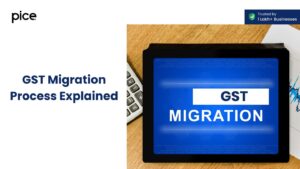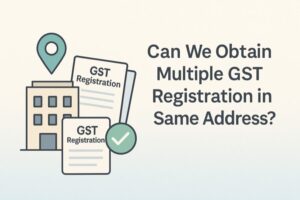Late Fees and Interest on CGST and SGST
- 28 Aug 24
- 8 mins
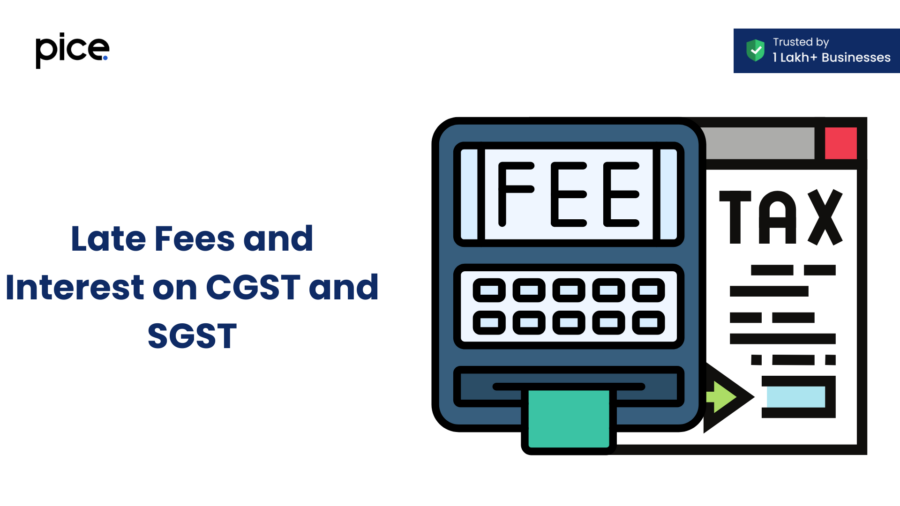
Late Fees and Interest on CGST and SGST
Key Takeaways
- Interest on Delayed GST Payments: Interest charges apply when a taxpayer fails to pay their GST liability within the prescribed time limit, including late payments, delayed return filings, or short payments of tax.
- Rate of Interest: The interest rate for delayed payment of tax is generally 18% per annum, but it increases to 24% per annum for undue or excess claims of ITC or excess reductions of output tax liability.
- Payment Method: Interest must be paid in cash through the electronic cash ledger and cannot be offset using ITC. The interest paid must be reported in the GSTR-3B return.
- Date and Extent of Utilization: The date of utilization refers to when ITC is applied to offset tax liability, and the extent of utilization indicates the amount of ITC used. Interest on incorrect utilization is calculated from the date of utilization.
- Impact of Wrong Availment of ITC: Interest is charged on the wrong availment and utilization of ITC, emphasizing the need for accurate ITC claims to avoid financial penalties and ensure compliance with GST regulations.
Interest charges on delayed GST payments are a significant aspect of GST compliance. Understanding when and how these charges apply is crucial for businesses to avoid unnecessary financial burdens and maintain compliance with tax regulations.
When Interest is Charged?
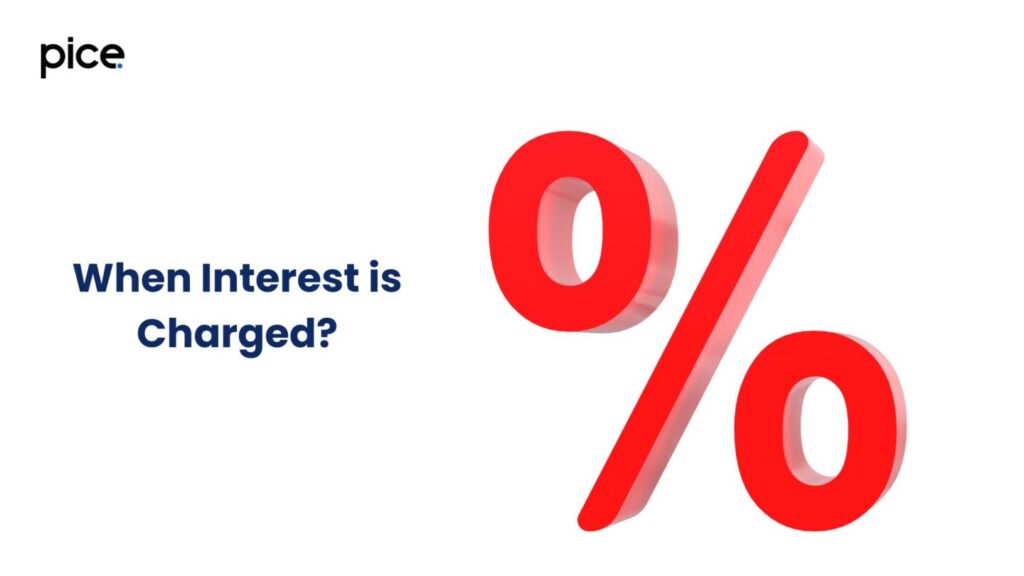
Interest is charged when a taxpayer fails to pay the GST liability within the prescribed time limit. This includes late payments of tax, delayed filing of returns, or short payments of tax. The interest serves as a penalty for the delay and encourages timely compliance. The different scenarios where interest is charged are as follows:
- Interest on Belated Payment: Interest is charged under GST for delayed payment of tax. If a taxable person fails to pay the tax within the prescribed time, interest is levied on the outstanding tax amount from the day succeeding the due date until the date of payment.
- Late Tax Payments: Interest is imposed on late tax payments, which occur when the tax is paid after the due date specified for a particular tax period.
- Tax Period: Interest is calculated based on the tax period for which the payment is delayed. Each tax period is usually a month or a quarter, depending on the taxpayer's filing frequency.
- Filing Return: Taxpayers must file their GST returns within the stipulated time. Failure to file the return on time results in late payment, attracting interest on the delayed payment.
- Taxable Persons: All taxable persons under GST are liable to pay interest if there is a delay in the payment of tax. A taxable person is any individual or entity registered under GST who engages in the supply of goods or services.
Interest Rates and Payment
- Interest Rates: The interest rate for delayed payment of tax is generally 18% per annum. However, in case of undue or excess claim of input tax credit or excess reductions of output tax liability, the interest rate is 24% per annum.
- Payment of Interest: Interest must be paid in cash through the electronic cash ledger and cannot be paid using input tax credit. The amount of interest paid needs to be reported in the GSTR-3B return.
What Amount is Subject to Interest Charges?
Under the Goods and Services Tax (GST) regime, Interest charges apply to amounts due when there's a delay in the payment of tax liability. These amounts are subject to interest if they are not paid within the prescribed period. Interest is computed based on the period of delay, which is calculated from the due date until the actual date of payment. For instance, any default in tax payment or delays in tax payments attract interest charges.
When is Interest Charged on Total Output Tax Liability?
Interest on the total output tax liability of a registered person is charged under GST when there is a default in the payment of tax. This interest applies to various situations such as wrong payments, delayed vendor payments, or payment of liability issues. The interest is applicable to tax in respect of supplies made and needs to be accounted for in the electronic credit ledger.
When a registered person fails to make a punctual payment of tax, whether for the current tax period or any earlier tax period, interest is charged from the day following the due date until the date of actual payment.
The period of liability for which interest is charged could span the entire period of delay, computed from the earlier period to the current tax period, including any specific provision of payment or limitation period specified by the tax authorities.
Utilization for the payment of tax should be carefully monitored to avoid defaults. Issues such as payment of service tax, payment of duty, and ensuring timely and correct payments, including those in respect of electronic credit ledger and outward payments, are crucial.
Incorrect payment of taxes, failure to utilize credits appropriately, and defaults in the payment of taxes can lead to additional interest charges. Therefore, ensuring compliance with payment deadlines and correct computation of tax liability for each period is essential to avoid the financial burden of interest on the total output tax liability.
What is the Period of Interest?
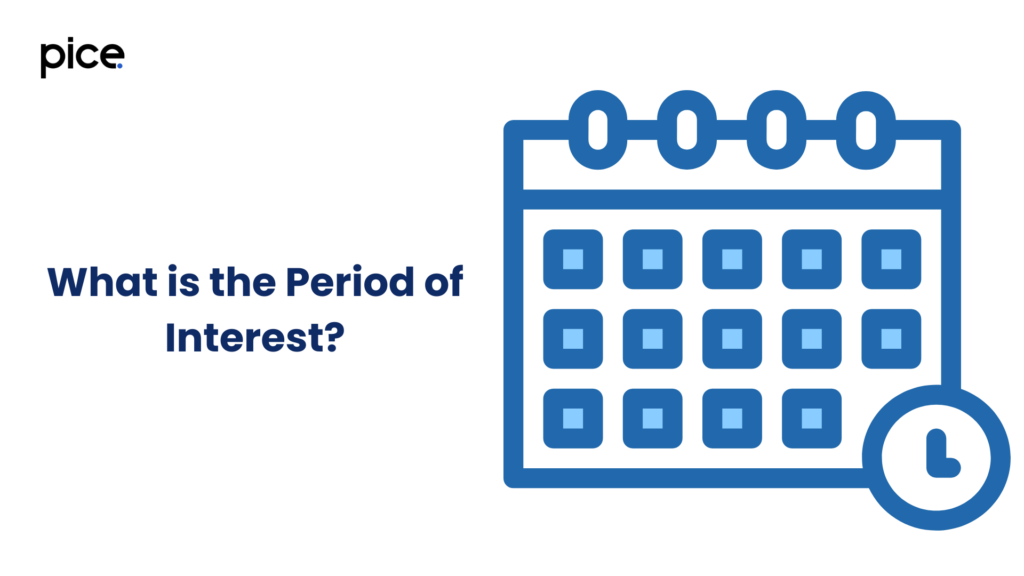
The period of interest for GST begins from the due date of the tax payment until the date when the payment is actually made. This period is crucial as the interest amount is calculated based on the number of days the payment is delayed.
A delay in payment can result from various factors, such as issues with outward payment, incorrect utilization for payment, or defaults in payment. Any issue of payment, whether related to payment credit or payment on tax, impacts the interest calculation.
Is Interest Charged on Wrong Availment and Utilization of ITC?
Yes, interest is charged on the wrong availment and utilization of Input Tax Credit (ITC) under GST. When a registered person wrongly avails and utilizes ITC, it results in an undue tax benefit that must be corrected promptly to avoid additional financial penalties in the form of interest charges.
Interest on wrong availment and utilization of ITC serves as a deterrent against non-compliance and ensures that businesses adhere to the rules and regulations under GST. It is crucial for registered persons to be diligent in claiming ITC and rectify any errors promptly to avoid the financial consequences of interest charges.
What is the Date of Utilization and Its Extent?
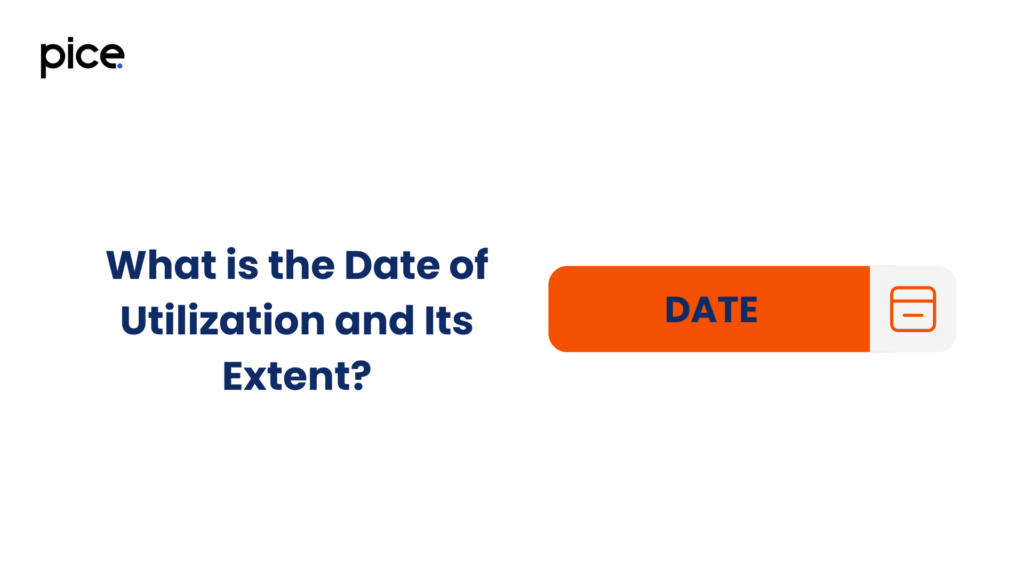
Date of Utilization
- The date of utilization in GST refers to the date when the Input Tax Credit (ITC) is utilized to offset the tax liability of a taxpayer. This is the specific date on which the ITC is applied to pay the GST due on supplies made.
Extent of Utilization
- The extent of utilization indicates the amount of ITC that is applied against the tax liability. This could include ITC on inputs, input services, and capital goods. The extent of utilization is crucial as it determines the actual credit used to meet the GST liability.
Conclusion
In conclusion, timely payment of GST and accurate availing and utilization of ITC are essential to avoid interest charges. Businesses must ensure compliance with GST payment deadlines and proper ITC claims to prevent additional financial liabilities due to interest on delayed payments.
💡Facing delays in GST payment? Get started with PICE today and streamline your GST payments. Click here to sign up and take the first step towards hassle-free GST management.
 By
By 









